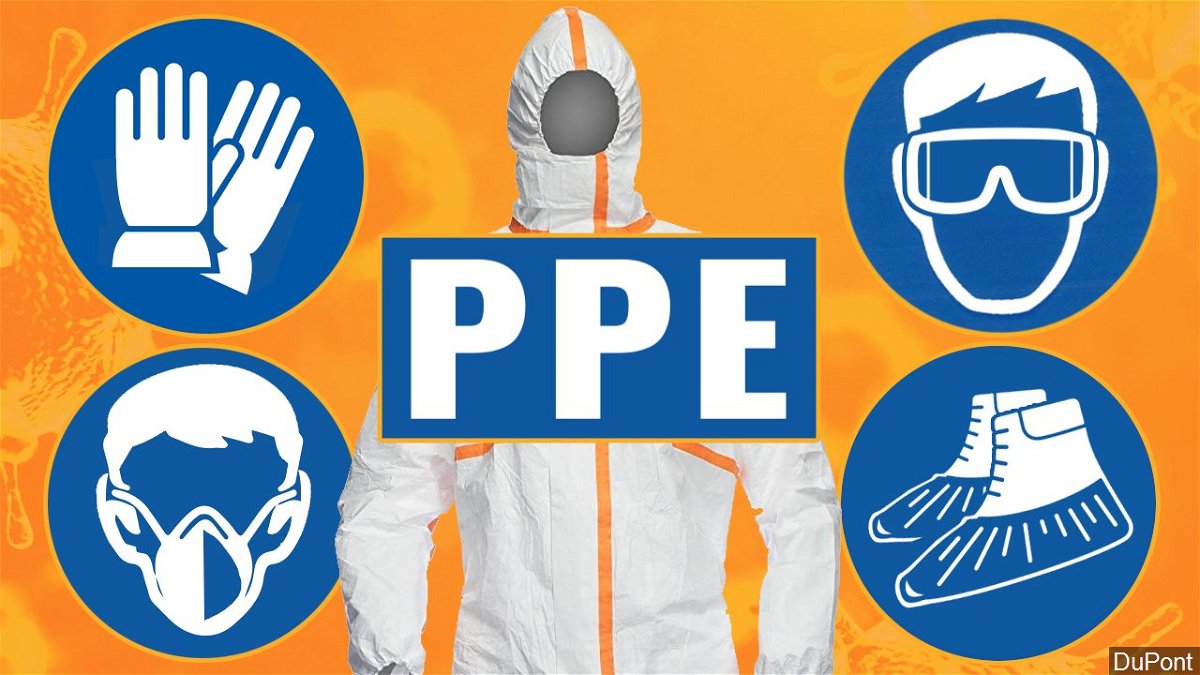Oregon emergency managers update PPE distribution plans

SALEM, Ore. (KTVZ) – Oregon’s Office of Emergency Management issued updated guidelines Friday to help ensure distribution of protective equipment across the state as needed.
Governor Kate Brown announced on April 23 a lifting of the statewide delay of non-urgent medical, dental and veterinary visits and procedures, with several new conditions to help safeguard the health of both workers and patients.
Among those, providers must have adequate supplies of medical-grade personal protective equipment (PPE) as based on CDC’s best practices, such as masks, respirators, gloves and face shields, which are critical in helping to slow the spread of COVID-19.
Anticipating increased demand for PPE, OEM announced new streamlined steps to ensure PPE is sent across Oregon, when and where it is most needed. The state will funnel equipment once a week to counties and Oregon’s sovereign tribes, based on a priority matrix.
“The health and safety of Oregonians is our highest priority,” said OEM Director Andrew Phelps. “With more elective medical procedures, we will be seeing a need for more PPE, and we are adapting quickly to get Oregon’s medical providers what they need in order to protect themselves and the public.”
The new distribution process calls for once-a-week deliveries and an allocation system to evaluate local needs and ensure supplies are not stockpiled in some locations and unavailable in others.
The shipments will be managed based on local supply levels and priority formulas. This needs-based formula considers factors such as population, case counts and PPE per patient.
Officials also are asking local jurisdictions to track the “burn rates” of PPE, to better track how quickly the equipment is being used and disposed of. This rate helps inform supply and demand needs.
Crafted by the Multi-Agency Coordination (MAC) Group, with data from the Oregon Health Authority, the new guidelines are part of a directive from the Federal Emergency Management Agency (FEMA) requiring more data to justify the need for additional PPE resources.
The MAC includes representatives of the Office of Emergency Management, Oregon Health Authority, Oregon Department of Human Services, Oregon Department of Administrative Services and the Oregon Governor’s Office.
You can learn more about Oregon’s supply of PPE here.